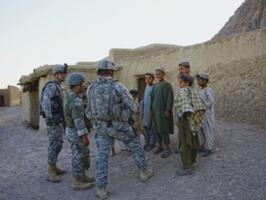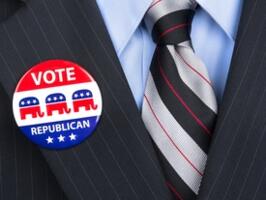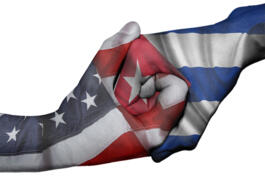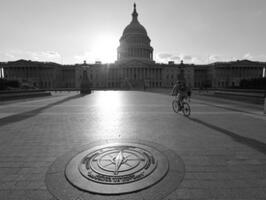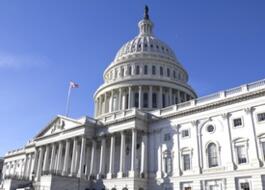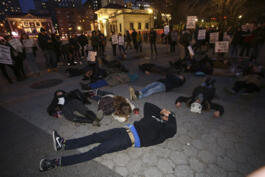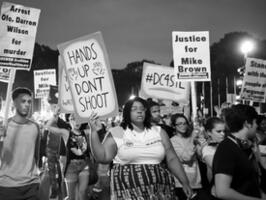Gay Marriage's Still A Close Call
Voters remain closely divided on the issue of gay marriage and continue to view marriage laws more as a state issue than a federal one.
A new Rasmussen Reports national telephone survey finds that 48% of Likely U.S. Voters favor gay marriage, consistent with surveying since July but up from a low of 42% a year ago. Forty-one percent (41%) remain opposed to gay marriage, also showing little change. Twelve percent (12%) are still undecided. (To see survey question wording, click here.)
(Want a free daily e-mail update? If it's in the news, it's in our polls). Rasmussen Reports updates are also available on Twitter or Facebook.
The survey of 1,000 Likely Voters was conducted on December 29-30, 2014 by Rasmussen Reports. The margin of sampling error is +/- 3 percentage points with a 95% level of confidence. Field work for all Rasmussen Reports surveys is conducted by Pulse Opinion Research, LLC. See methodology.


